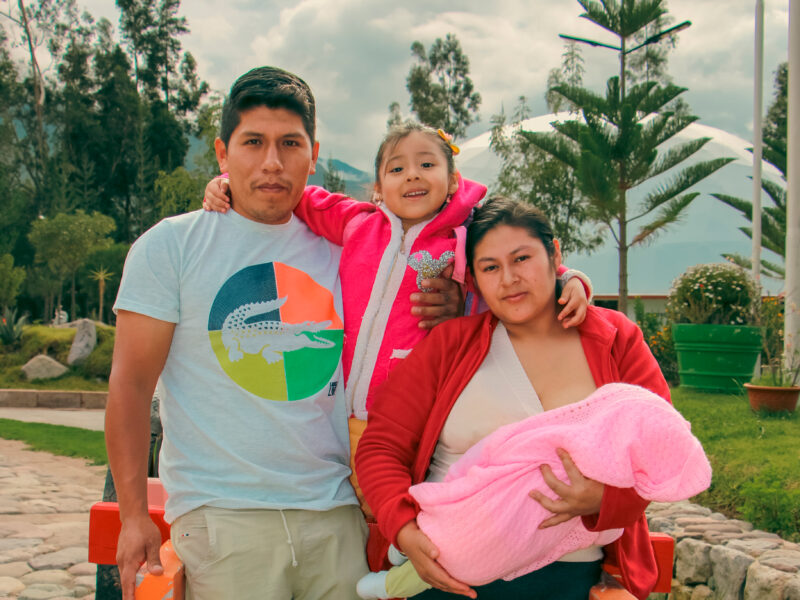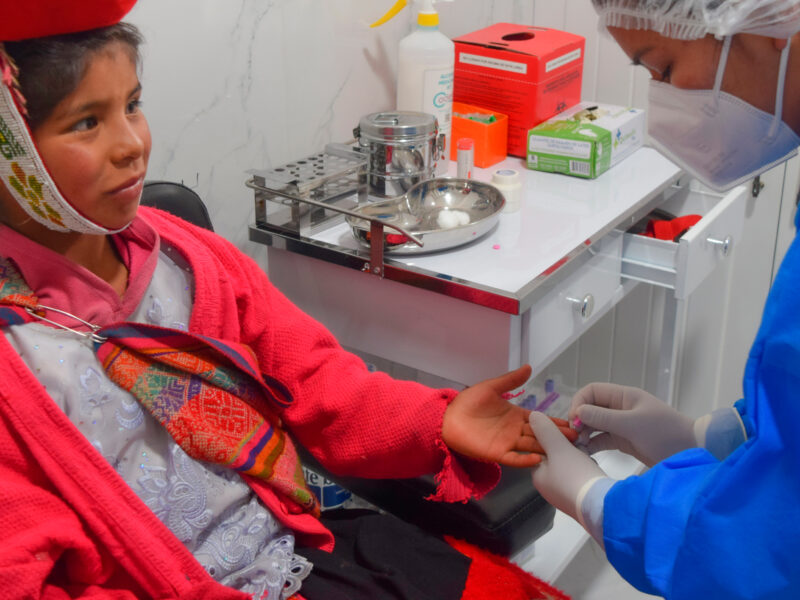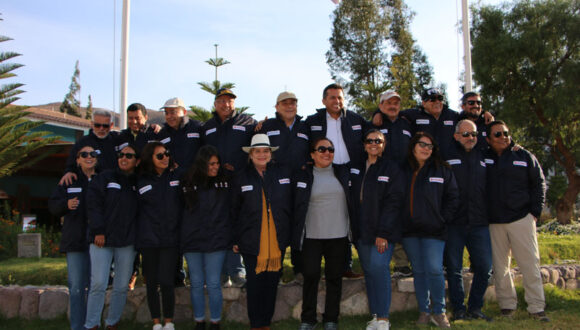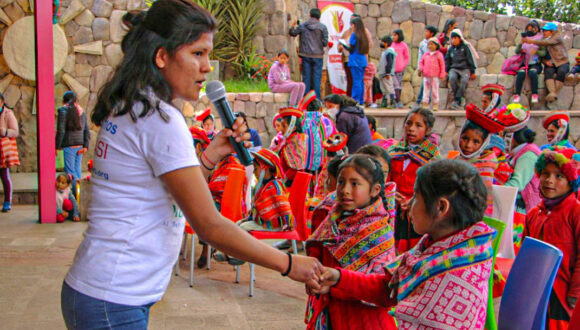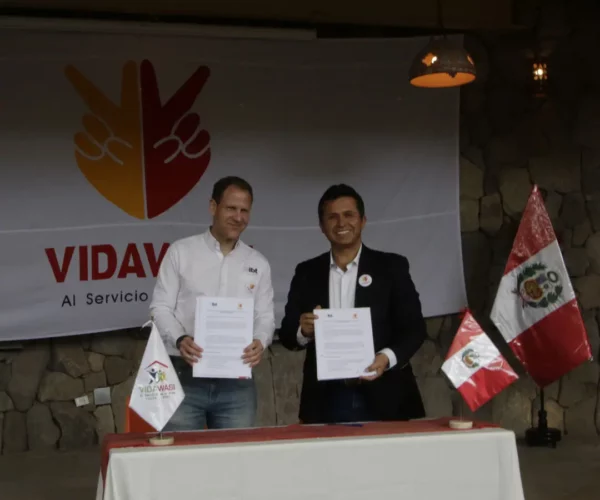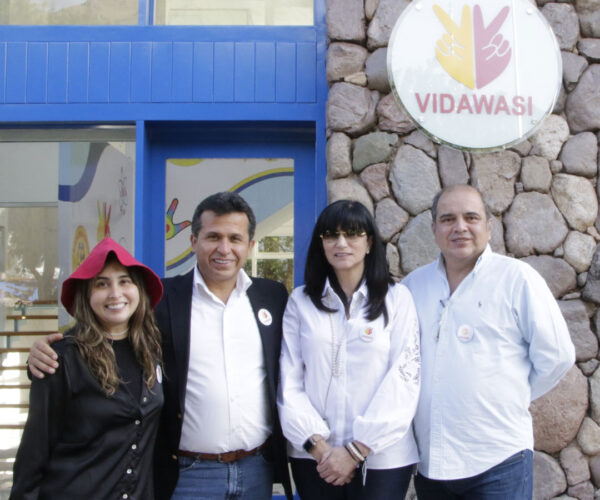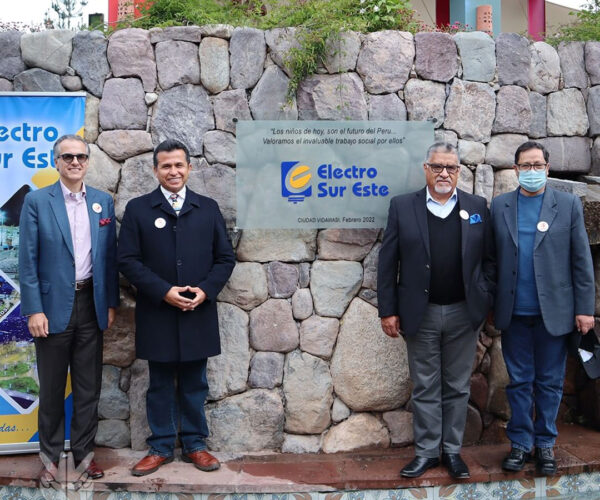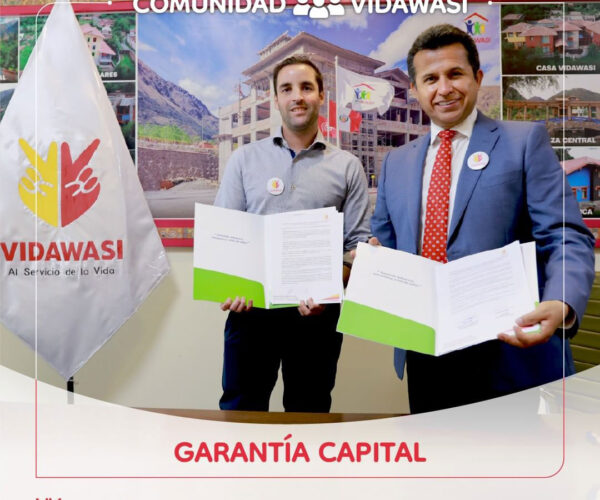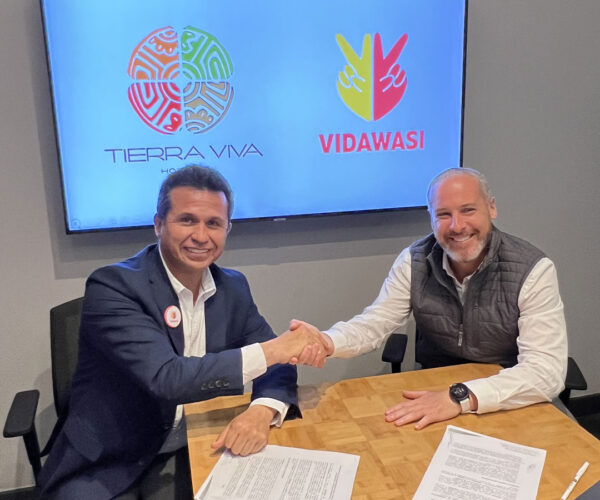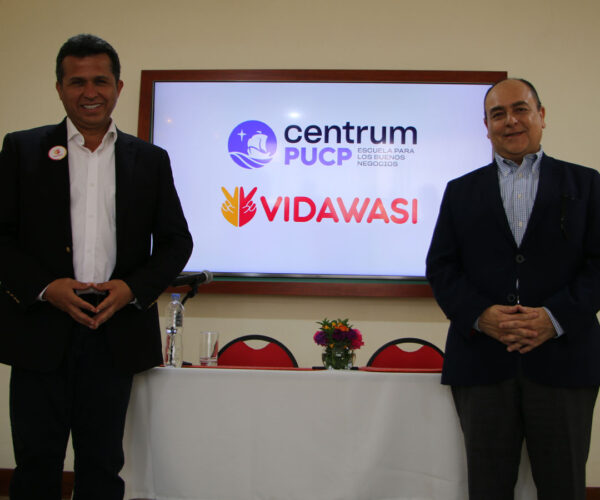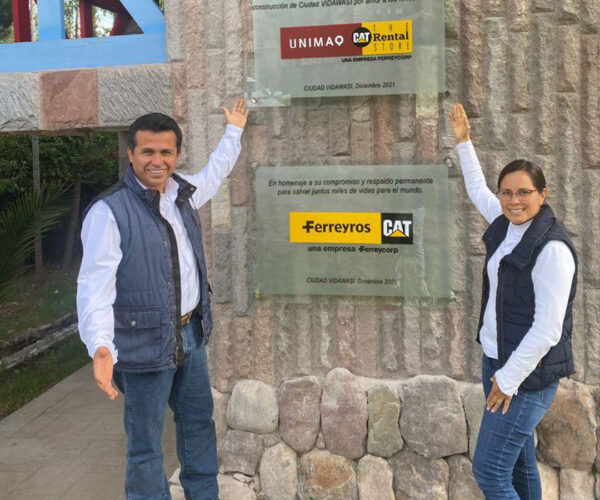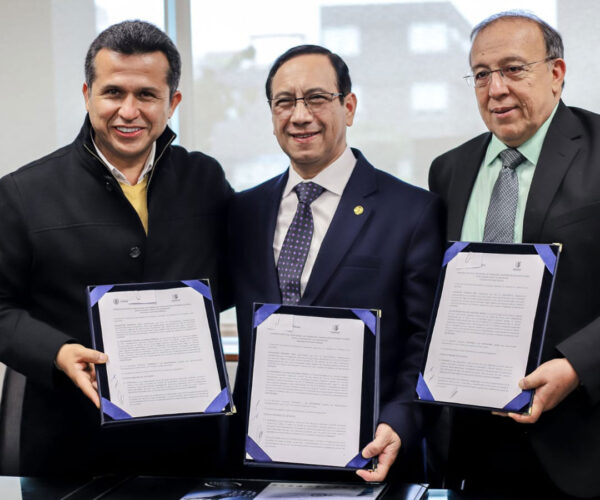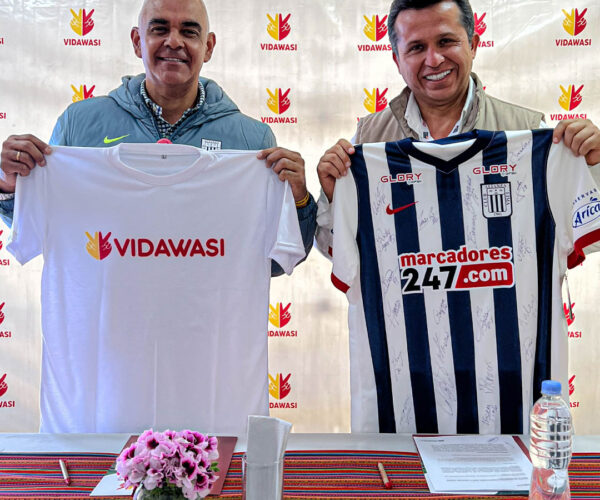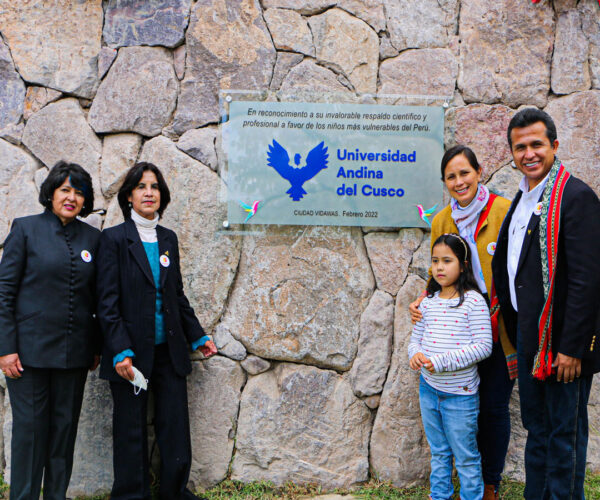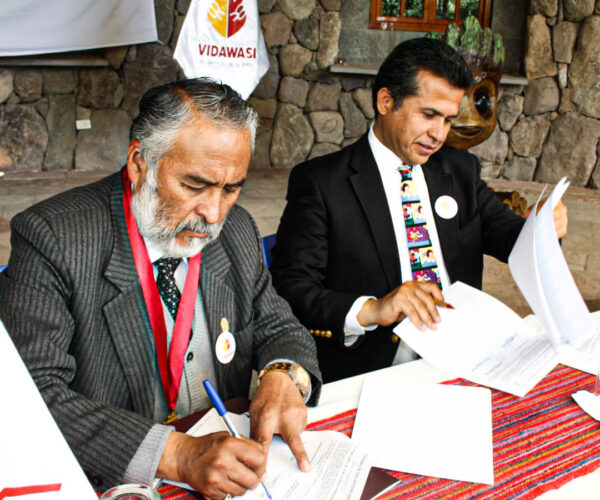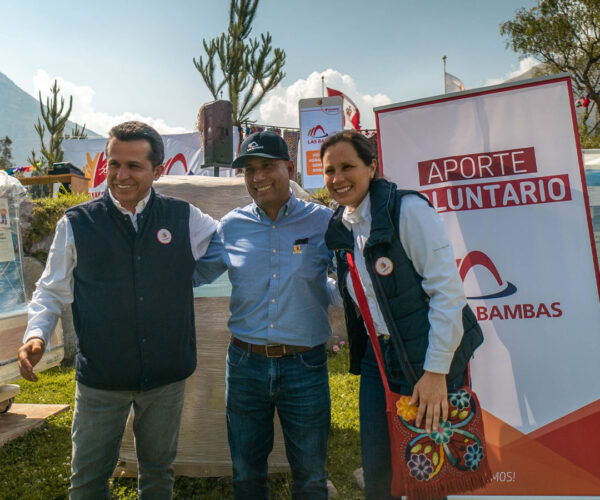Some takeaways from Nick:
-
The key is creating an awareness that leads to some action that leads to change
- Mental Toughness: “The ability to perform at or near your personal best, on a consistent basis, regardless of the circumstances”
- “What you “see” in you mind’s eye prior to any performance situation, throughout the day and over weeks and months, tends to become who you are”
- “The is no wealth to be found in an idea. There is only wealth to be had from acting on an idea”
- “Your every action is either an anchor on your tail or it’s the wind in your sails” – Joe Charbonneau
-
Part of change whether it’s in therapy, whether it’s a coaching situation, whether it’s in a training all these begins with awareness
-
Make your tolerations list as long as you need to make it. Tell yourself, “I’m longer going to tolerate anything that holds me back.” Then part of deciding what you want and then having a tolerations list is begin to say you know what is my plan of action? What is my focused plan of action?
- Focused Plan of Action – 3 Steps: 1. Create a Dream List (Outcome Goals) “What do you want to achieve?” 2. Write Down Your Goals (Process Goals) “Be Specific” 3. Develop a Plan of Action (Practice Goals) “Set a target date for attainment” and “Identify Obstacles”
- “The greatest single characteristic of those who achieve their goals is the “simple belief that you can do it” Dr. Charles Garfield
-
Any book, any study, any research you read especially in performance psychology, sports psychology we’ll talk about, the key to success to being a high achiever, is quieting that voice and getting into that zone. Being able to say you know, “I can do this” and slowing it down
- 1. Practice Focused Present Breathing, the best way to practice this is to picture it like a balloon in your stomach and you are filling up the balloon in your stomach. What you are really doing is you’re feeling your lower lungs and you’re getting a deep slow, deep full breath. 2 Monitor Your Self-Talk 3. Practice Thought-Stopping 4. Listen for the ‘What ifs?’ (words associated with anxiety) and exchange with ‘So What’ 5. Rewrite Your Internal Dialogue
- E + R = O [Event + Response = Outcome] by Jack Canfield
Full credits also to CalSouthern Psychology (Californian Southern University School of Behavioural Sciences).
To book contact Enrique Fabular on 0466731000 or Click Here To Book


